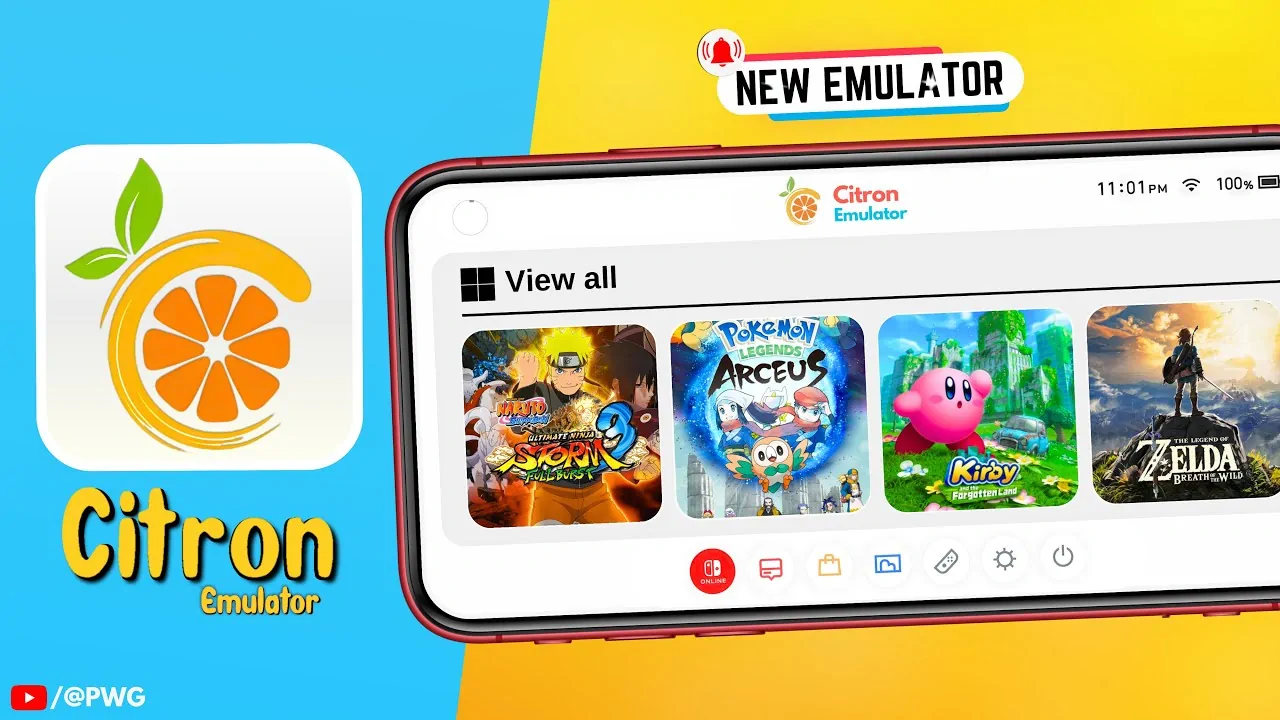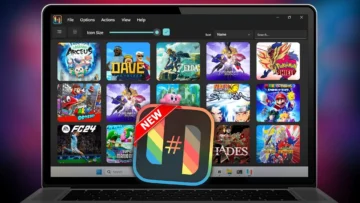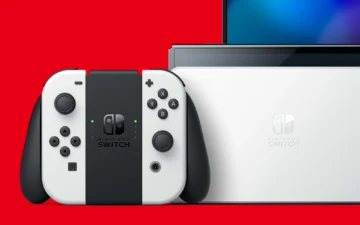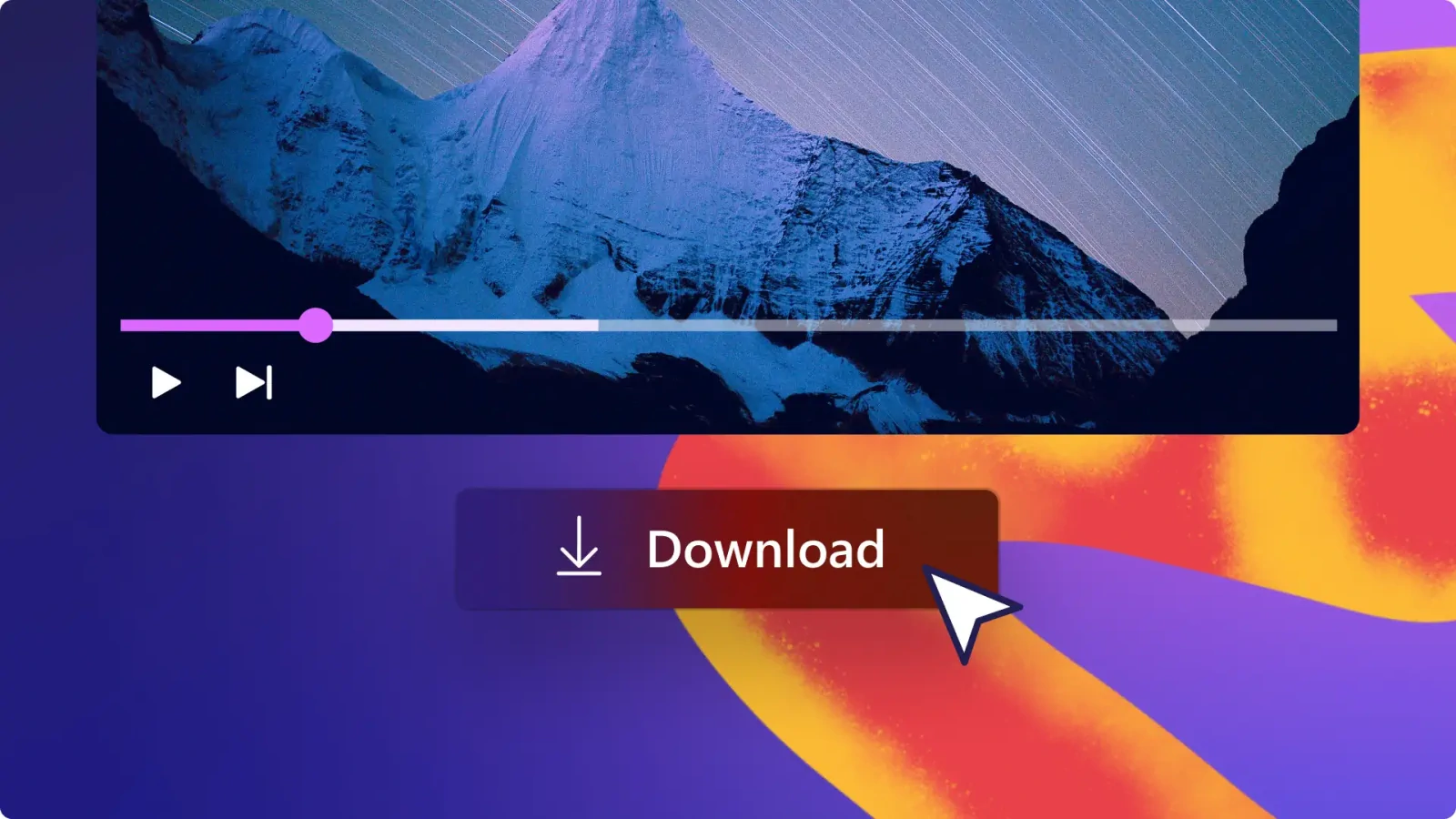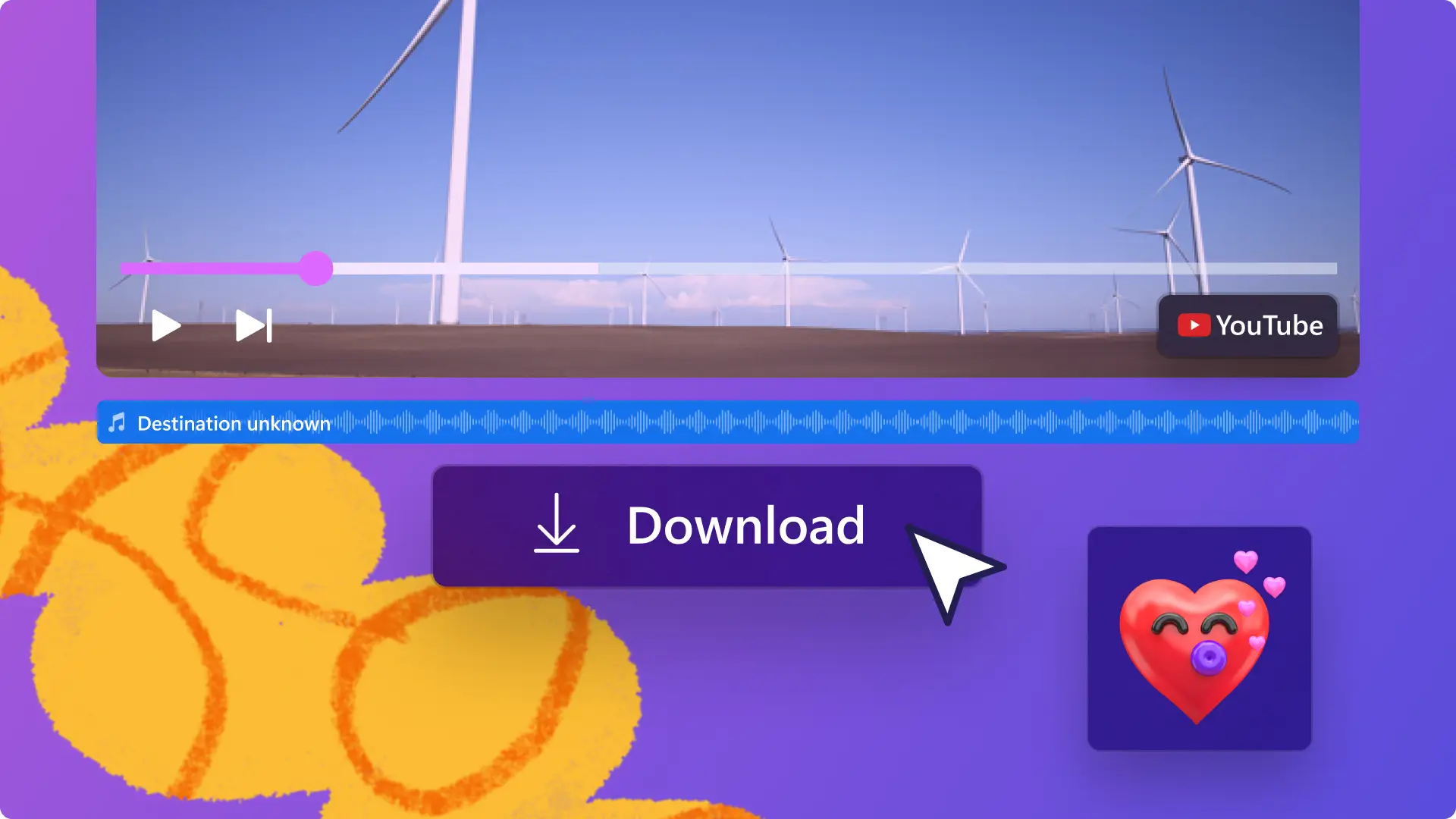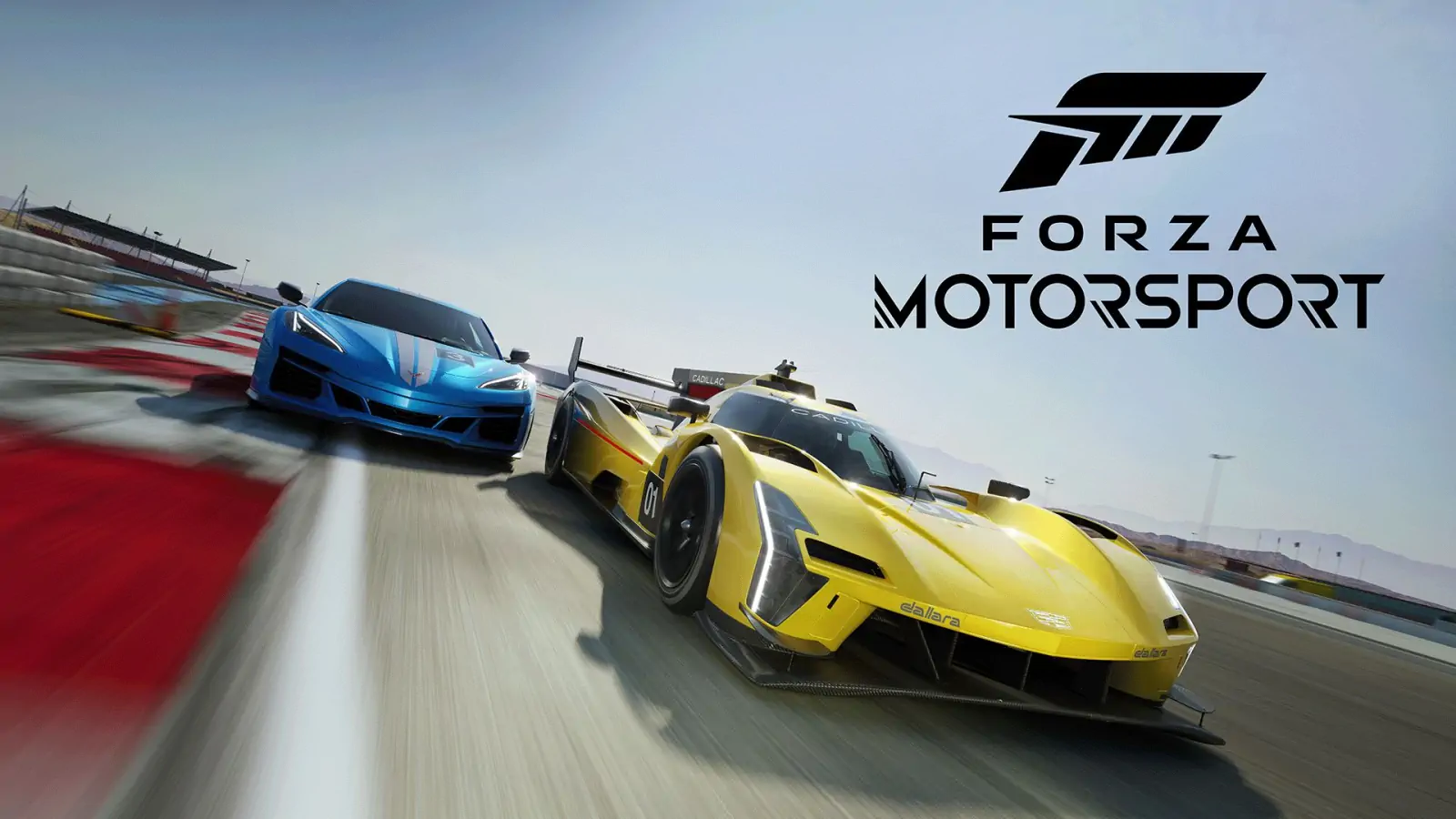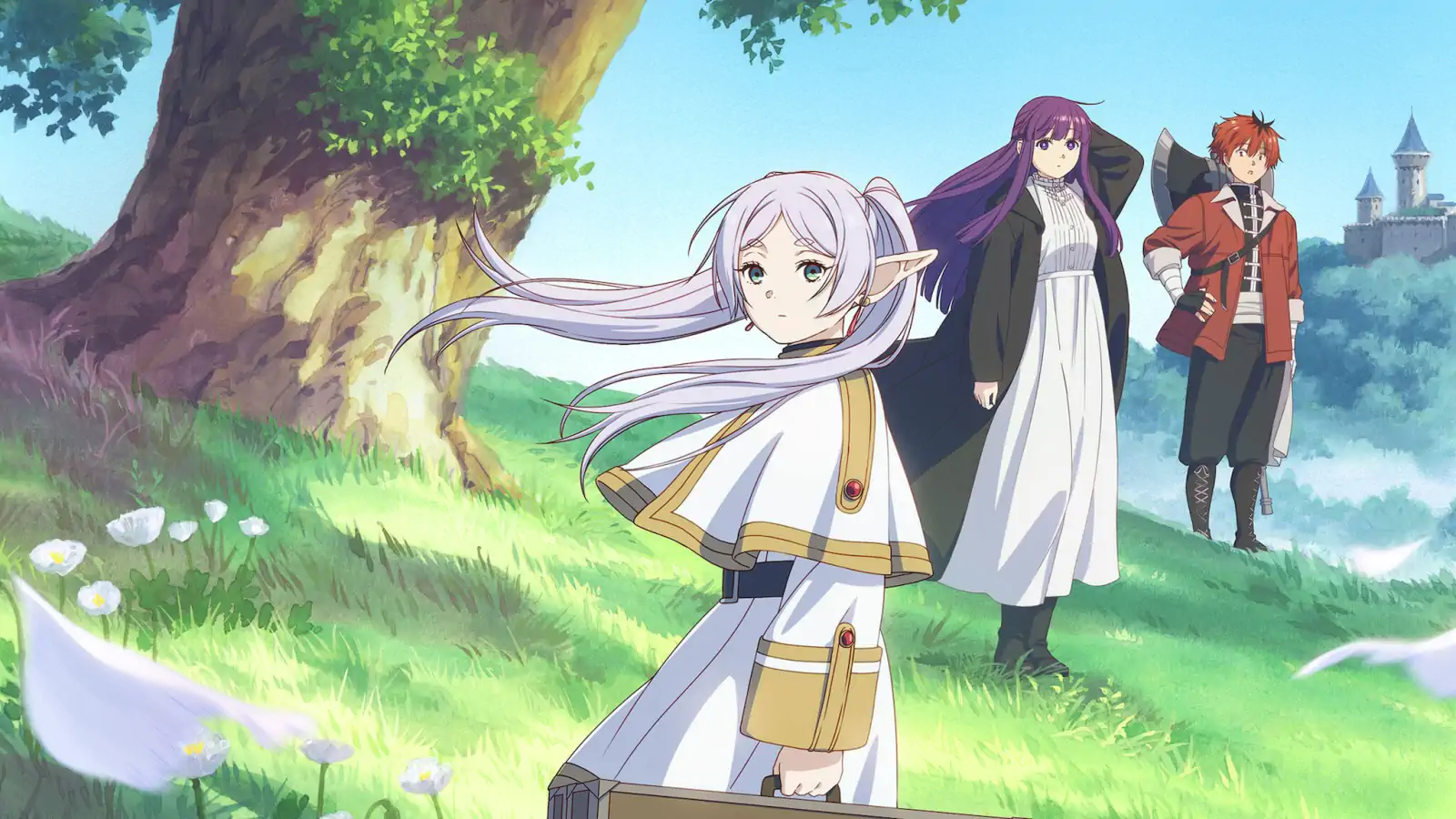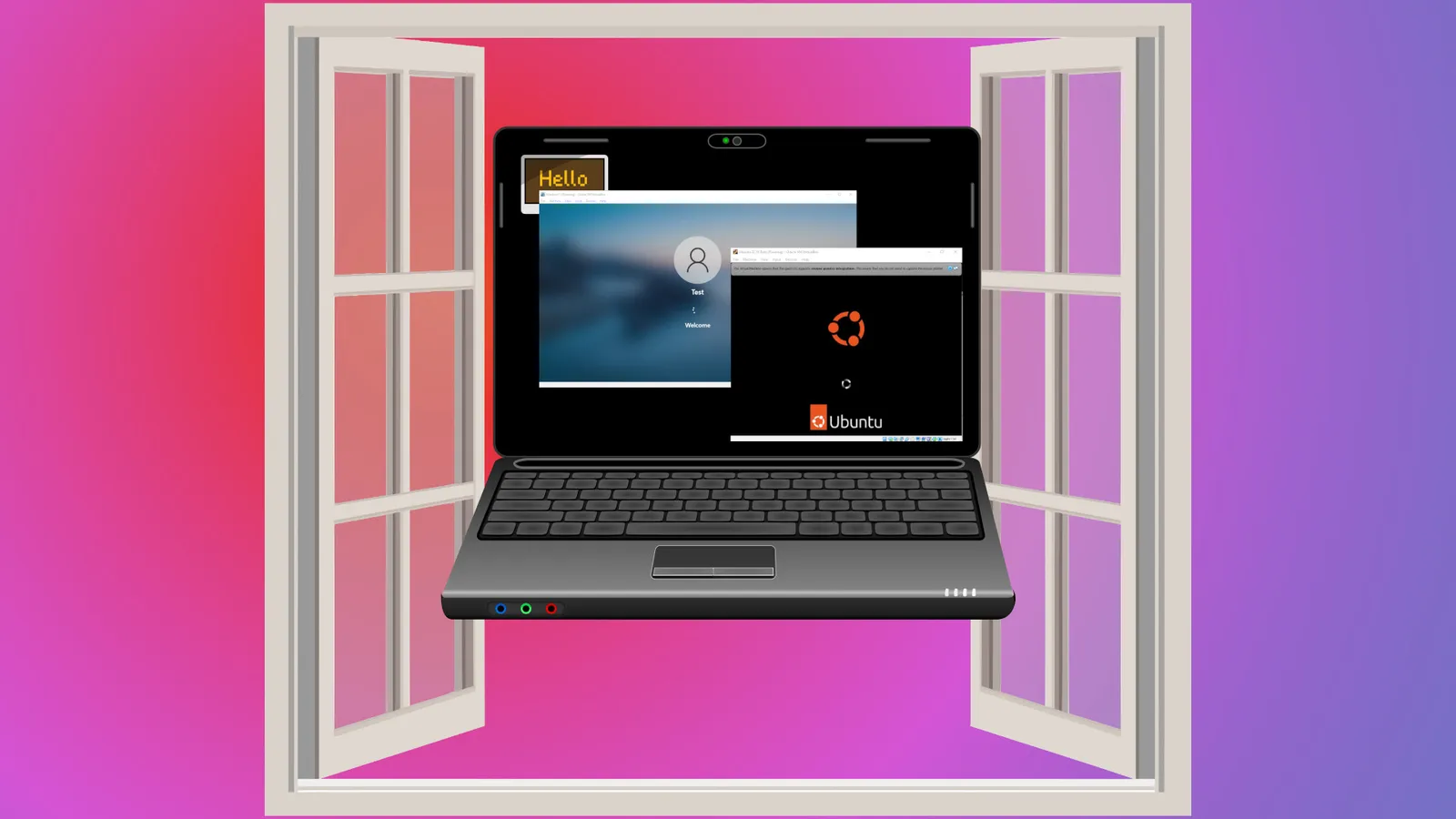After the shutdown of Yuzu and Ryujinx due to Nintendo lawsuits, we explore the most active alternatives in 2026 — including Sudachi, Citron, Ryubing, and Eden. Learn their strengths, limitations, and how to use them to bring your Switch games back to life on PC with optimal performance.
Nintendo Switch emulation on PC has gone through a seismic shift in recent years. The closure of Yuzu, the most popular emulator that allowed fans to play titles like The Legend of Zelda: Tears of the Kingdom at a stable 60 FPS, marked a turning point in March 2024 after a $2.4 million settlement with Nintendo. Just months later, in October, Nintendo also managed to shut down Ryujinx — long considered the most accurate and stable alternative — even claiming its source code.
By 2026, the landscape looks like a minefield: promising projects have vanished, and Nintendo continues to issue DMCA takedowns against any attempt to keep emulation alive. Yet the independent developer community hasn’t given up. New forks and rewrites have emerged, giving PC gamers a way to keep playing without relying on the hybrid console.
In this guide, we highlight four alternatives that remain active and supported as of January 2026. There’s no single “best” emulator for everyone — the right choice depends on your hardware and the games you want to play. Our focus is on stability, performance, and ease of use. And remember: to avoid legal issues, always use your own cartridge dumps, official firmware, and prod.keys. If you’re looking to relive epic adventures like Xenoblade Chronicles on a Ryzen or RTX-powered PC, these options can bring back the experience you thought was gone.
⚠️ Disclaimer
This article is for informational and educational purposes only. We do not promote or endorse piracy or illegal use of software. Emulators should only be used with games you have legally purchased, and you must always respect intellectual property laws. The use of emulators and forks may be subject to legal restrictions in your country; make sure to research and understand the regulations before proceeding.
The Best Yuzu Alternatives
While Yuzu and Ryujinx are now part of history, the emulation community hasn’t stopped looking for ways to keep Nintendo Switch gaming alive on PC. Among the forks and new projects that have emerged, a few stand out for their stability and performance. Below we highlight two of the most talked‑about options in 2026.
1. Sudachi
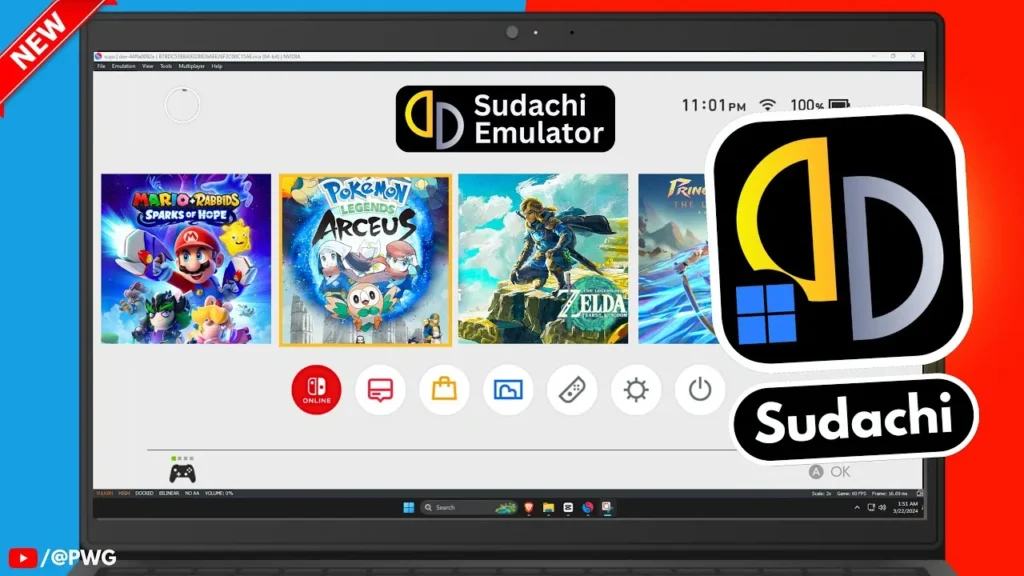
If you’ve been browsing emulation forums since Yuzu’s shutdown, chances are you’ve seen Sudachi recommended more than once. This fork, launched in 2024 to preserve the legacy of the original project without including protected code, has quickly become one of the most versatile alternatives available today. Unlike Yuzu, which often prioritized accessibility at the expense of performance in demanding titles, Sudachi improves efficiency with shader compilation optimizations and native Vulkan support, making it a strong choice across a wide range of hardware.
As of 2025, with version 1.0.13 released in January, Sudachi continues to receive monthly patches from a small but dedicated team, expanding compatibility to more than 300 tested games. Titles like The Legend of Zelda: Breath of the Wild showcase its potential: running at 25–30 FPS on Android and hitting 60 FPS on mid‑range PC GPUs, without the frame drops that plagued the original emulator in open areas.
- Pros:
- Optimized performance across diverse hardware, delivering up to 20% higher FPS in open‑world games thanks to improved upscaling.
- Active community support and easy mod integration, accelerating compatibility for new releases like Echoes of Wisdom.
- Cons:
- Recent beta builds still show visual glitches in certain ports, requiring manual tweaks.
Platforms: Windows, Linux, macOS, Android, and even iOS (via sideloading).
Official link: Sudachi GitHub
2. Citron
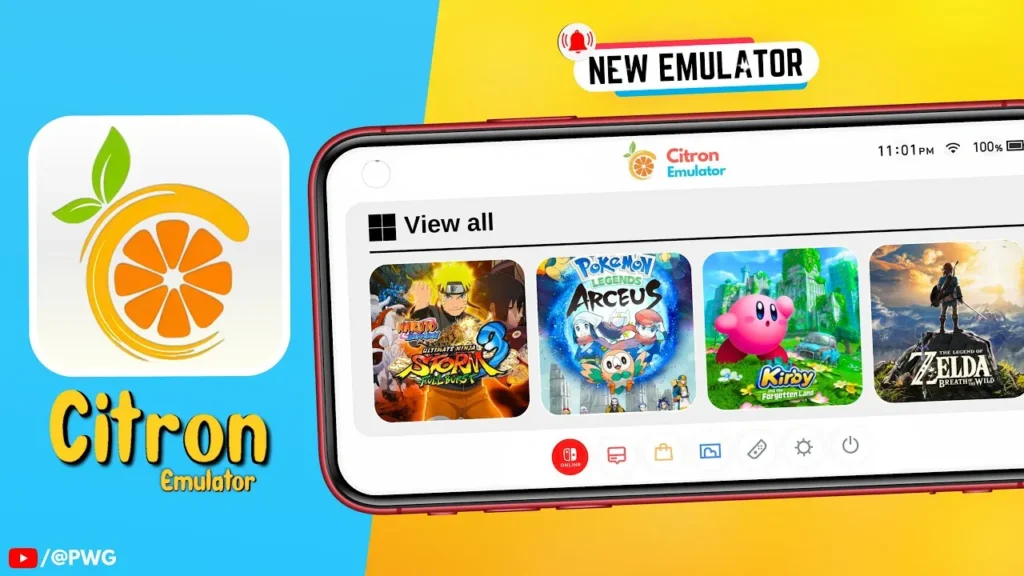
Next up is Citron, which arrives as a breath of fresh air for those seeking something more cutting‑edge. Emerging as an aggressive Yuzu fork in mid‑2024, Citron took a radical turn in September 2025 with a complete core rewrite led by two independent developers determined to move beyond the limitations of traditional forks. The result is a focus on extreme fluidity: games like Cuphead or Rayman Legends run without a single frame drop, thanks to targeted optimizations for ARM processors and integrated GPUs.
Its 0.8.0 release in October raised the bar for performance, with tests showing a 30% improvement in texture loading for dense RPGs such as Xenoblade Chronicles 3. While development is somewhat erratic — relying on sporadic contributions — the buzz in communities like GBAtemp has positioned Citron as a go‑to choice for long, uninterrupted play sessions.
- Pros:
- Excellent stability in 2D and linear games, maintaining consistent FPS even on low‑end hardware like the Steam Deck.
- Frequent updates focused on graphical accuracy, reducing glitches in dynamic lighting for AAA titles.
- Cons:
- The recent rewrite introduced regressions in compatibility for about 10–15% of older games, requiring initial testing.
Platforms: Windows (including ARM), Android, and Linux (experimental).
Official link: Citron website
3. Ryubing
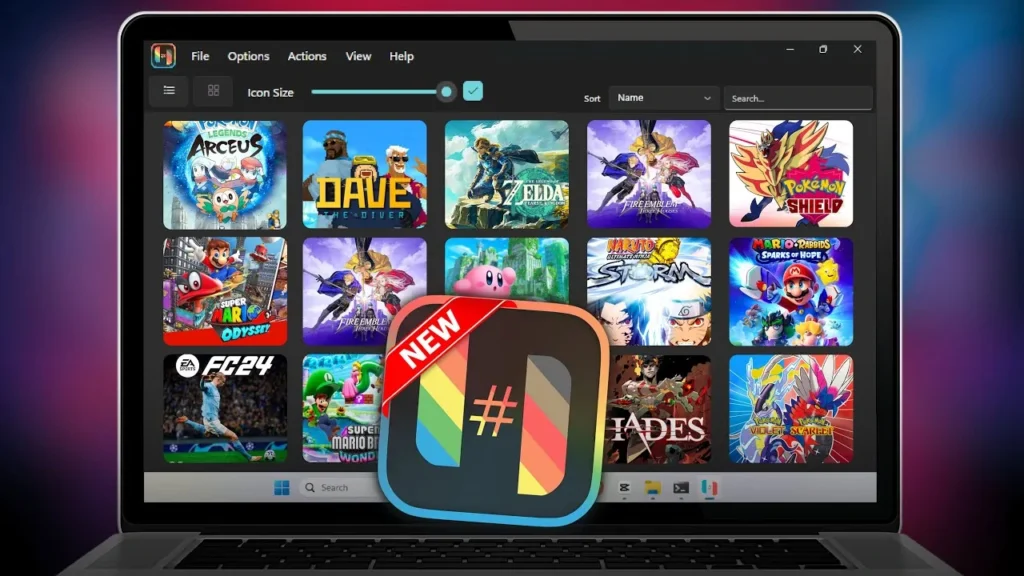
If you’re looking for an emulator that prioritizes faithful reproduction of the original Switch hardware over aggressive performance hacks, Ryubing stands out as the natural successor to Ryujinx — the project Nintendo shut down in October 2024. Launched as an independent fork by a community team led by GreemDev later that year, Ryubing sidestepped legal pitfalls by rewriting key components and focusing on graphical accuracy, making it a solid choice for purists who can’t stand visual glitches.
By October 2025, with version 1.3.3 released, Ryubing remains active thanks to regular contributions in forums like GBAtemp. Users praise its handling of complex titles such as Pokémon Scarlet/Violet, which runs at 40–50 FPS on mid‑range AMD setups without the stuttering that plagued its predecessor in dense environments. Although the project was briefly taken down by a DMCA notice in March, it quickly resurfaced through mirrors and a dedicated site — a testament to the resilience of the emulation scene.
- Pros:
- Superior graphical accuracy, ideal for games with dynamic lighting like Super Mario Odyssey, reducing artifacts by about 25% compared to Yuzu forks.
- Optimized for AMD systems (RX 7000 series), delivering more stable FPS on high‑end hardware without overclocking.
- Cons:
- Slower update cycle than Yuzu forks, leaving some post‑2024 titles with pending compatibility.
Platforms: Windows, Linux, and macOS (with experimental ARM support on Apple M‑series Macs).
Official link: Ryubing GitLab
4. Eden
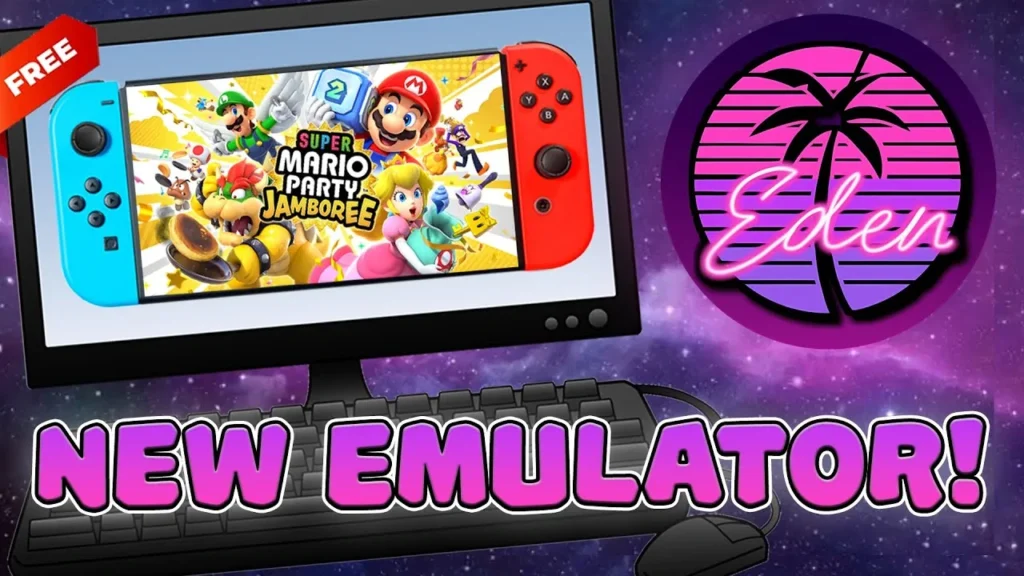
For those willing to bet on the future of emulation with a more experimental edge, Eden arrives as the wildcard of 2025. This fresh Yuzu fork debuted in May as a pre‑alpha, driven by a collective of independent developers frustrated with the stagnation of more conservative clones. Built from a clean fork of Yuzu’s pre‑DMCA code, Eden emphasizes long‑term stability and mobile performance, setting itself apart by integrating native Android support from the start.
By November 2025, its stable 0.0.3 release (August) has matured enough to run The Legend of Zelda: Echoes of Wisdom at 45–55 FPS on PCs with integrated GPUs, outperforming competitors in energy efficiency — a clear advantage for laptops like the Steam Deck. Still, its beta status means development relies heavily on community donations, and while it has avoided legal takedowns so far, early memory leak reports on Reddit have tempered initial excitement.
- Pros:
- Improved stability for long sessions, with fewer crashes in multiplayer titles like Splatoon 3 compared to vanilla Yuzu.
- Native cross‑platform support, including Android, making it versatile for hybrid PC‑mobile gaming.
- Cons:
- As a young project, it still suffers occasional graphical glitches in shader‑heavy titles, requiring community patches.
Platforms: Windows, Linux, macOS, and Android (with experimental builds for iOS).
Official link: Eden GitHub
Conclusion
In 2026, with Nintendo waging an all‑out war against emulation and successfully shutting down giants like Yuzu and Ryujinx, the community has proven it won’t back down easily. Alternatives such as Sudachi, Citron, Ryubing, and Eden keep the scene alive: Sudachi shines for its balance of performance and accessibility, ideal for those migrating from Yuzu; Citron’s bold rewrite delivers smooth marathon sessions; Ryubing inherits Ryujinx’s precision for users who value graphical fidelity; and Eden, the youngest and most experimental, points toward a hybrid PC‑mobile future with native Android support.
None of them are flawless — shader glitches and uneven compatibility with newer titles still exist — but together they cover a wide spectrum: from Zelda at 60 FPS to dense RPGs without crashes. The choice ultimately depends on your hardware: a Ryzen paired with an RX 7600 benefits most from Sudachi or Ryubing, while portable devices like the Steam Deck get more mileage out of Citron or Eden.
Beyond raw performance, emulation represents more than just frame rates: it’s a form of digital preservation and a collective effort to keep gaming history accessible despite corporate restrictions.
The scene evolves at a remarkable pace — and given how quickly projects emerge, it may not be long before we see the first serious attempts at emulating the Switch 2, extending this tradition into the next generation.
Quick FAQ
What is Yuzu?
Yuzu was an open‑source Nintendo Switch emulator launched in 2018, focused on accessibility and performance. It allowed thousands of games to run at higher resolutions with mods, becoming a reference point thanks to its support for Vulkan and OpenGL.
What is Ryujinx?
Ryujinx, another open‑source emulator introduced in 2018, was known for its accuracy in replicating Switch hardware. It prioritized graphical fidelity over raw speed and was ideal for complex titles like Pokémon or Super Mario Odyssey.
What happened to Yuzu?
In March 2024, Nintendo sued Yuzu’s creators for allegedly facilitating piracy. A $2.4 million settlement forced the project to shut down, remove its source code, and cease development.
And Ryujinx?
In October 2024, Nintendo repeated the strategy with Ryujinx, compelling its developers to hand over the code and halt updates. Its shutdown left a gap in “accurate” emulation, paving the way for forks like Ryubing.
What’s the best Switch emulator for Android?
As of November 2025, Eden leads on mobile thanks to its native optimization. It runs Zelda: Echoes of Wisdom at 45–55 FPS on devices like the Galaxy S25, with a touch‑friendly UI and support for virtual Joy‑Cons. It requires Android 11+, 8 GB RAM, and Snapdragon 865+, and although it was removed from the Play Store after legal pressure, it remains available via APK on GitHub or Uptodown. Citron offers more stability on lower‑end hardware, but Eden shows the most potential moving forward.

